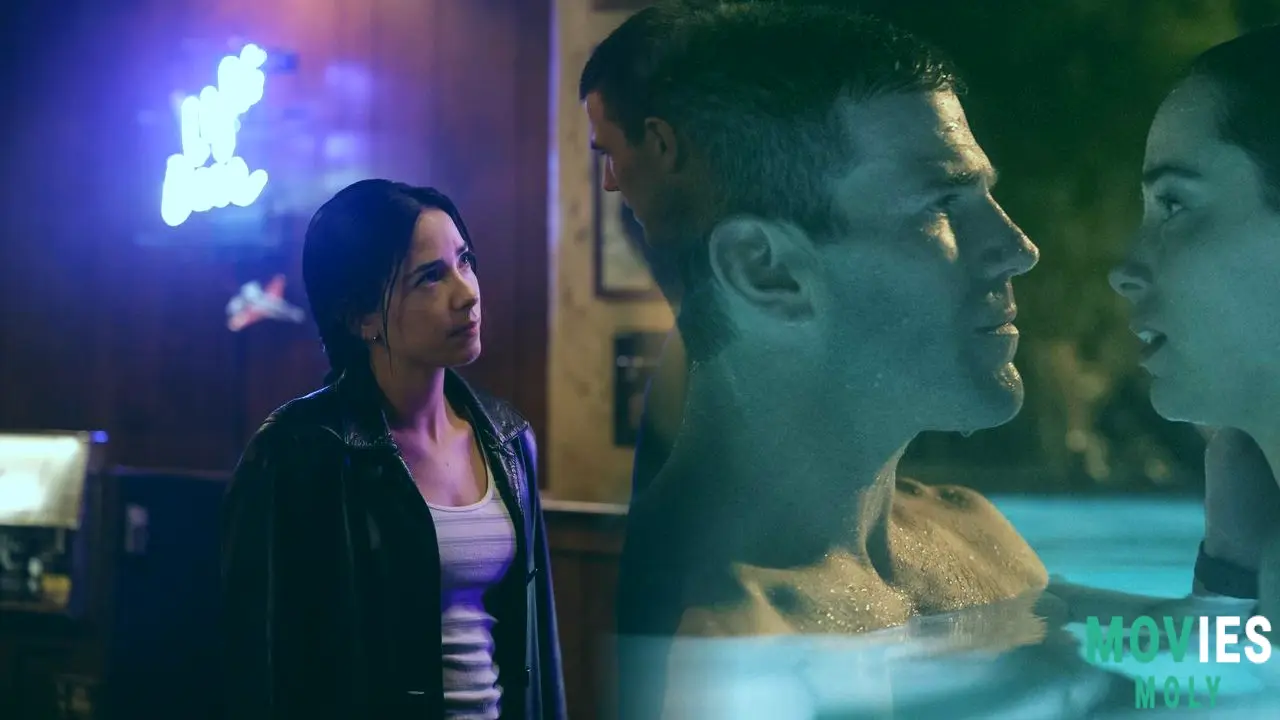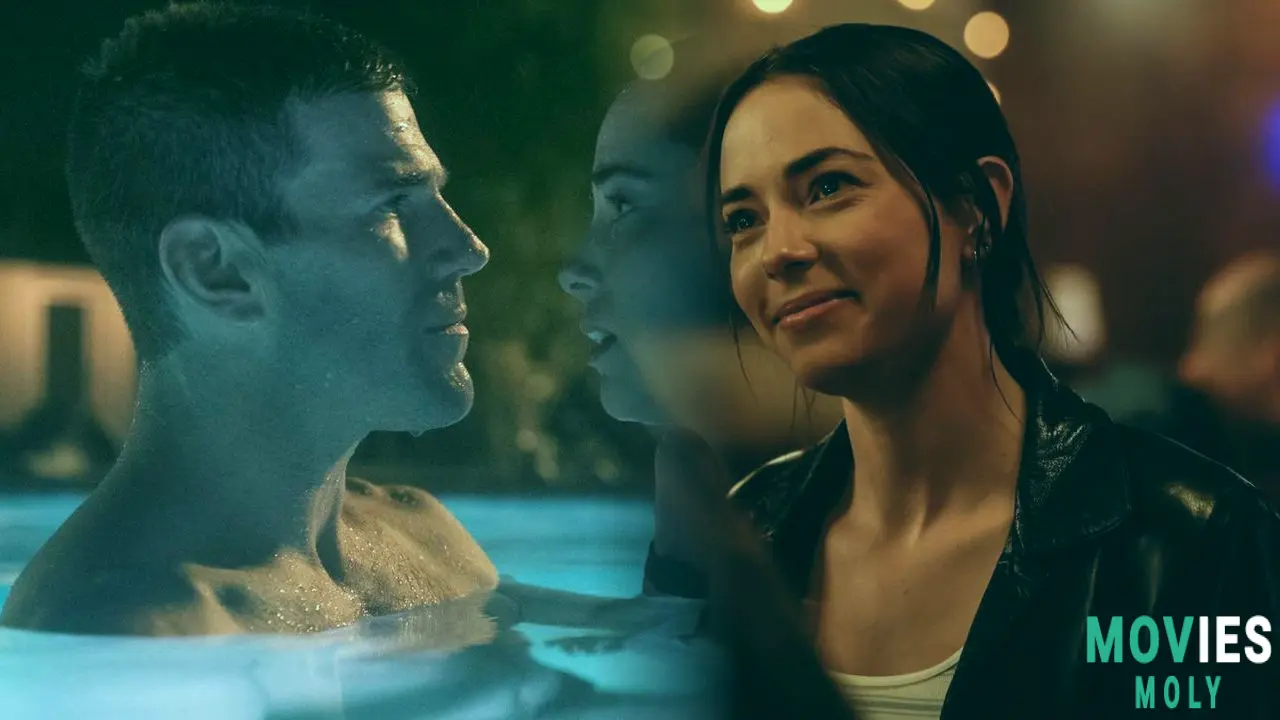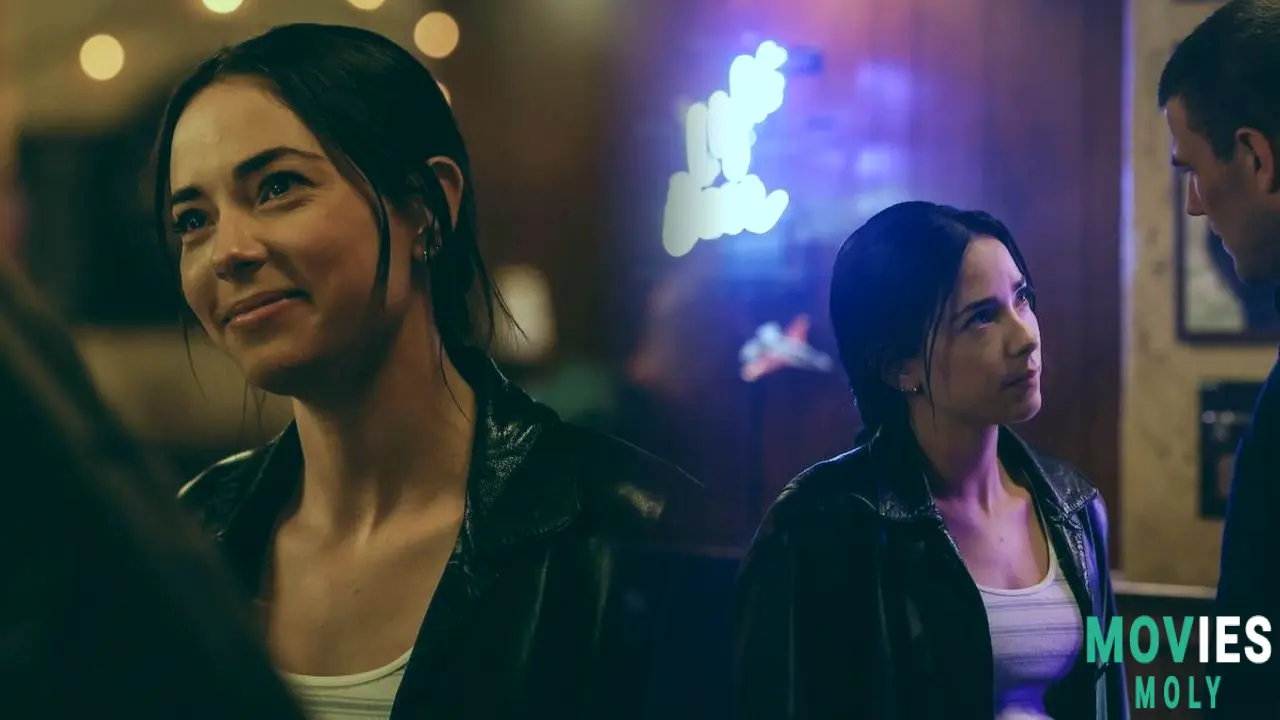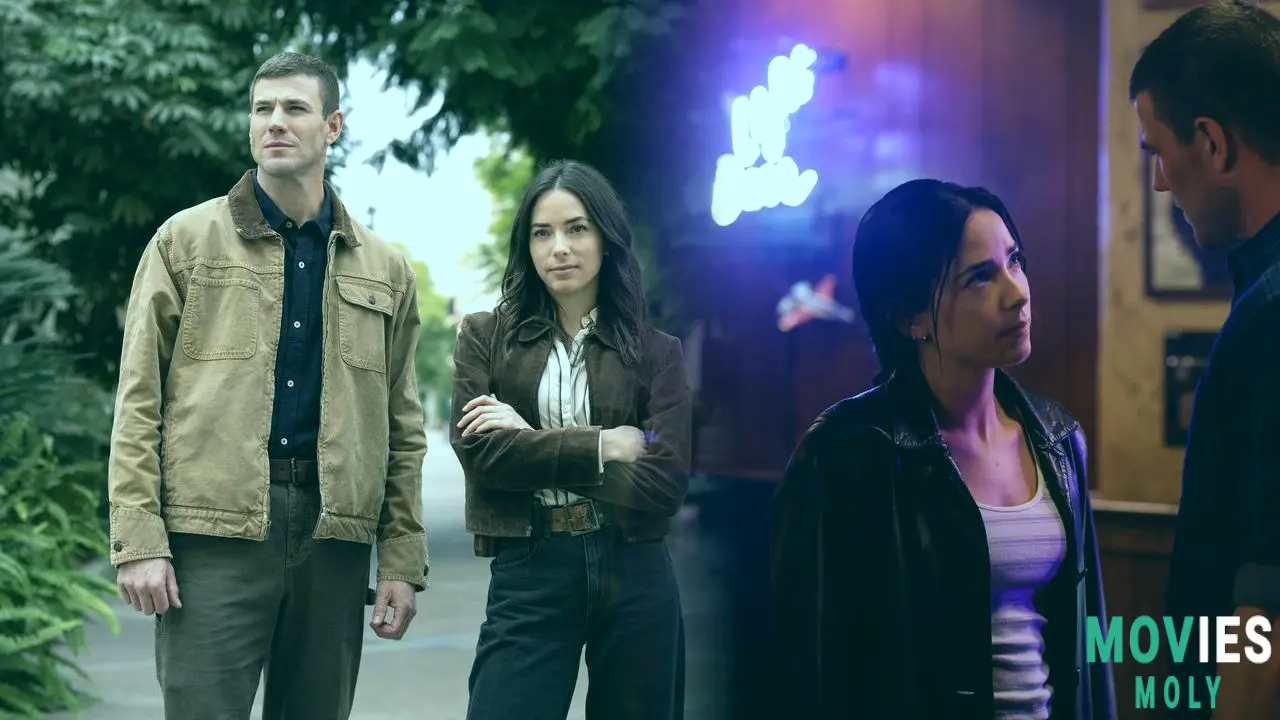NCIS: Origins didn’t just close out its first season — it slammed the door on it with a gut-wrenching, emotionally loaded finale that managed to honor the legacy of the entire NCIS franchise while boldly forging its own path. The episode “Cecilia” placed Cecilia “Lala” Dominguez (Mariel Molino) front and center, and her harrowing final moments have left fans across the fandom spectrum (from the crime procedural loyalists to the superhero-level canon chasers) desperate for answers.
The finale masterfully tied fan-favorite characters to iconic NCIS canonIn a storytelling move that felt equal parts inevitable and inspired, NCIS: Origins connected the dots between the present-day investigation and Gibbs’ (Austin Stowell) murky past. As Military Police investigator Lara Macy (The Midnight Club’s Claire Berger) dug into the death of cartel leader Pedro Hernandez, the tension ratcheted up — not just because she was closing in on Gibbs, but because Lala, Franks (Kyle Schmid), and Randy (Caleb Foote) were caught in the moral crossfire. They knew Gibbs had killed Hernandez, but they also knew that turning him in would shatter their fragile team dynamic.
What made this climax truly sing was the way it wove emotional stakes into the procedural fabric. Gibbs, vulnerable and weary, confessed to Lara Macy. Lala’s brave — and devastatingly smart — move to protect Gibbs by claiming she was with him when he pulled the trigger wasn’t just a lie. It was a shield. A testament to her loyalty, and a gamble that would change everything.
Lala’s accident scene is a masterclass in emotional storytelling and practical filmmaking

The final sequence of the episode — Lala’s car accident as she races to deliver the truth she hoped would save Gibbs — is raw, powerful, and packed with emotional resonance. Mariel Molino’s behind-the-scenes account of filming the scene adds an extra layer of awe to what’s already one of the most memorable moments in the entire NCIS universe.
Upside down in a Jeep, bloodied but composed, Molino nailed a single, haunting shot — one that she says she’s “so proud” of. She was strapped into a harness, had blood capsules in her mouth, and had to remain eerily calm while the camera slowly revealed her face. It’s a final image that feels both peaceful and tragic, and one that doesn’t confirm her fate — leaving fans to speculate wildly throughout the off-season.
Is Lala dead? Creators promise answers — but fans shouldn’t lose hope

Showrunners Gina Lucita Monreal and David J. North haven’t revealed whether Lala survived the crash, but they promise that Season 2 will provide clarity. “We can’t promise that [she's alive], but we can promise that you’ll get an answer if you come back in season 2,” North said. It’s a tease, sure, but one that’s grounded in intention. They didn’t write the scene just to shock — they wrote it to *mean* something.
And as Molino points out, she was fully on board with taking big emotional swings — even if that meant risking a beloved character’s life. It’s storytelling with stakes, and that’s what separates NCIS: Origins from not just its parent show, but most procedural dramas out there.
The bittersweet romance between Gibbs and Lala gave the finale emotional depth

Amid the chaos, there was a quiet, simmering love story breaking through — one that’s resonated with fans more than the creators might have anticipated. Gibbs and Lala. Two broken souls with walls built high. Their near-kiss by the pool, interrupted by truth and tragedy, gave us a glimpse of what could have been. And as Molino says, the most heartbreaking part is that Lala never got to say “I love you” to Gibbs.
“We get so close to that... and then, of course, it’s ruined by Gibbs,” Molino lamented. But Mark Harmon’s final narration — “I loved her all along” — reframes the entire sequence. It’s not just a regret. It’s a revelation. A line that echoes like a punch to the heart and begs the question: When Gibbs finally tells Lala his feelings, will it be too late?
Meeting Diane sets up a hopeful yet complicated future for Gibbs and the series
The final scene with Gibbs at his old house, meeting Diane the real estate agent, is as loaded with possibility as it is with inevitability. Fans of the original NCIS know where this leads — Diane is Gibbs’ next wife. But for a show so committed to canon, the challenge (and opportunity) is clear: How do you weave this familiar thread into a tapestry that’s also trying to tell new, emotional stories with characters like Lala, Franks, and Randy?
Monreal calls it a “tapestry” — and that’s the perfect word. NCIS: Origins isn’t just filling in gaps. It’s weaving new patterns into a fabric that’s been worn but beloved for decades.
Season 2 promises deeper character exploration, bigger risks, and more emotional storytelling
With questions about Lala’s fate, Franks’ brother on the horizon, and Randy grappling with his own demons, Season 2 is shaping up to be more than just a sequel. It’s a chance to dig deeper into the lives we’ve only just begun to understand. And the best part? The creators say they’ll keep taking risks — like that one episode without a case. Like the present-day sequences that may or may not be narrated by future Gibbs reflecting on past trauma... or love.
One writer even joked about a potential next spin-off: NCIS: Gary Callahan. Because if there’s one thing CBS has learned, it’s that the NCIS universe is unstoppable when given creative freedom.
NCIS: Origins isn’t just for fans of the franchise — it’s becoming its own legendWhether you’re a die-hard fan of Mark Harmon’s original run, a lover of tight, character-driven storytelling, or just someone who appreciates a show willing to risk emotional honesty in a genre that often plays it safe — NCIS: Origins delivered. The finale didn’t just ask viewers to come back for Season 2. It begged them to come back *with* their hearts open.
And that’s the real origin story here: a show about loss, loyalty, and love — and a character named Lala, who may have saved Gibbs, the team, and the entire series, just by being herself.






